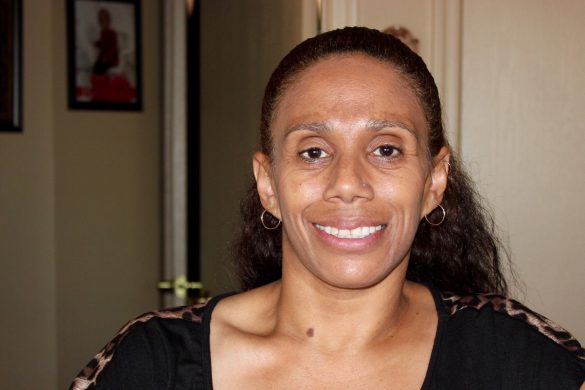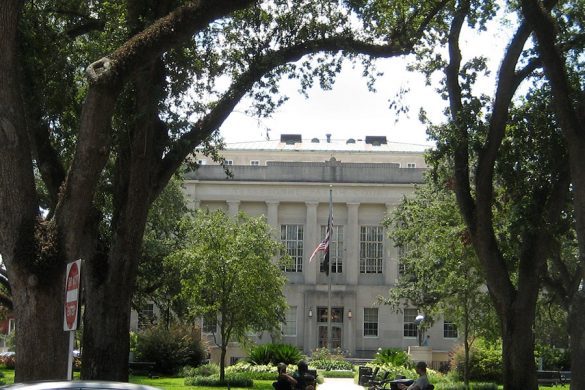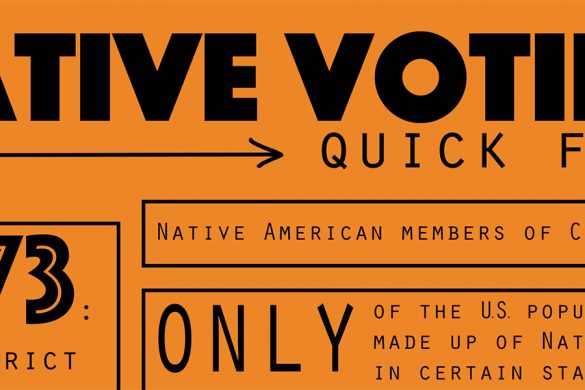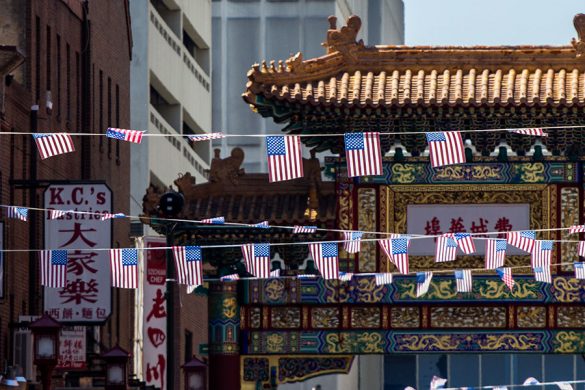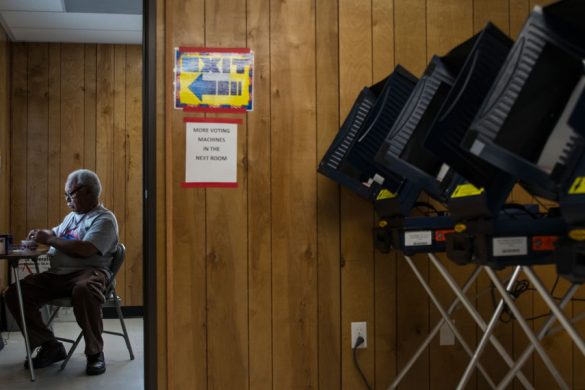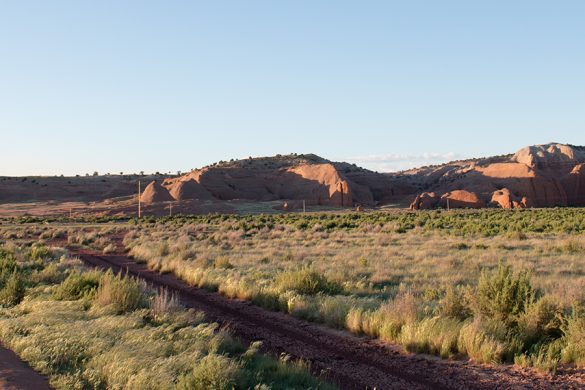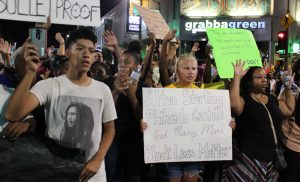
People march in downtown Phoenix to protest the police shootings of Alton Sterling and Philando Castile. (Photo by Phillip Jackson/News21)
PHOENIX – Throughout the year, Black Lives Matter supporters and activists have held protests across the country partly to call on elected leaders to address issues of police brutality and inequality against African-Americans.
In Phoenix, protesters have held rallies, blocked streets and requested changes from the police department.
On July 8, about 1,000 people protested near city hall in downtown after the shootings of two black men – Alton Sterling in Baton Rouge, Louisiana, and Philando Castile in a suburban area of St. Paul, Minnesota.
Despite the attention from the Black Lives Matter movement, exit polls during the primary indicated voting among young African-Americans hasn’t surged, according to The Washington Post.
One Phoenix protester said voting may not be enough any more.
“To be honest, I don’t think that vote stuff is going to do it this hour,” Yasin Muhammad, 24, said during the Phoenix protest. “A Hillary Clinton won’t do it for you. A Donald Trump won’t do it for you. No representative will do it for you.
“They are not going to do what we can do for ourselves. So there’s not voting here, the vote is dead. They killed the vote.”
Others at the protest said they want to draw attention to the movement.
“I’m here because I just want to stand for the peaceful movement to get people more aware of Black Lives Matter and the shootings that are happening that aren’t getting the correct justice,” said Jazmin Cobb, a protester from Phoenix. “I feel like this affects the voters because it shows that this is a real issue, so whoever the next president is, (he or she) definitely has to take it a lot more serious.”
After the shooting of Michael Brown in Ferguson, Missouri, in August 2014, the conversation about underrepresentation in police departments and on local council members in predominantly black communities became a national issue. The shooting of Freddie Gray in Baltimore also led to similar conversations about the relationship and trust between local government and residents in that city.
“It depends on the community, whether or not there is a trust or distrust of government,” said Gilda A. Daniels, a professor of law at University of Baltimore and former deputy chief in the Civil Rights Division of the U.S Department of Justice. “When you had the mayor of Baltimore call the people during the uprising ‘thugs,’ that doesn’t help your trust of government.”
When voting in elections, a Pew Research Center study indicated that 43 percent of blacks surveyed believe they are treated less fairly than whites, while only 20 percent of whites responded that there is a mistreatment of blacks.
One Phoenix protester said there’s power in numbers.
“Our entire community out there needs to see what’s going on, see that we are uniting and to see that every person can make a difference,” said Amanda Mays, 40. “A lot of people think that their vote doesn’t count, and they’ll just stay home and see what the masses are going to do. Getting together shows that every person does count.”
Another Pew Research report indicated that 61 percent of the Americans surveyed said the country needs to continue to make changes for equality between blacks and whites, and 30 percent said America has made those changes.
After Sunday’s shooting of police officers in Baton Rouge, one public voice for the Black Lives Movement said the movement began as a call to end violence, and he said that call remains, according to The New York Times.
The official Black Lives Matter organization put out this tweet on Sunday:
“We hope the #BatonRouge community finds solace, healing, and safety in one another.
— Black Lives Matter (@Blklivesmatter) July 17, 2016
